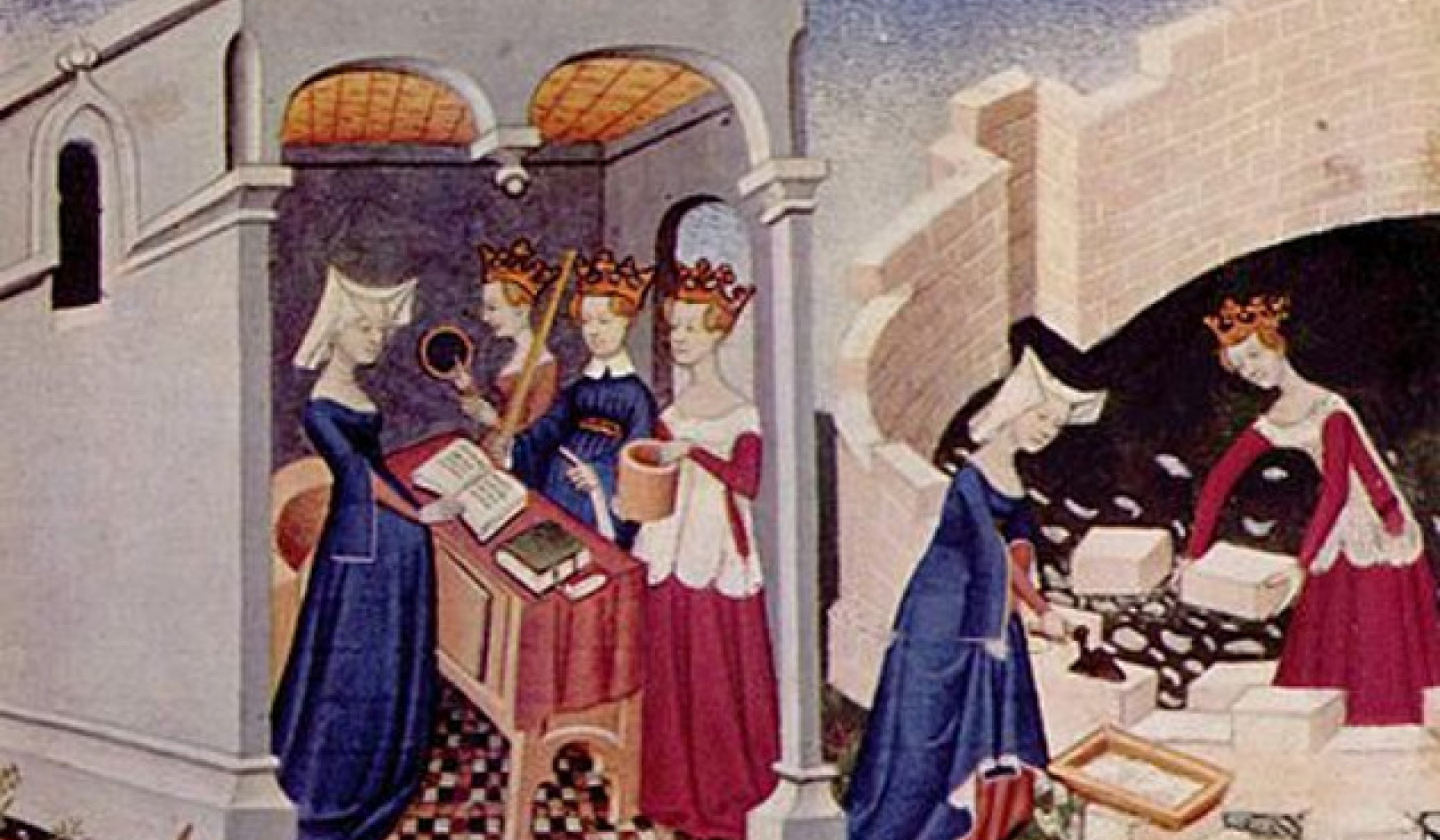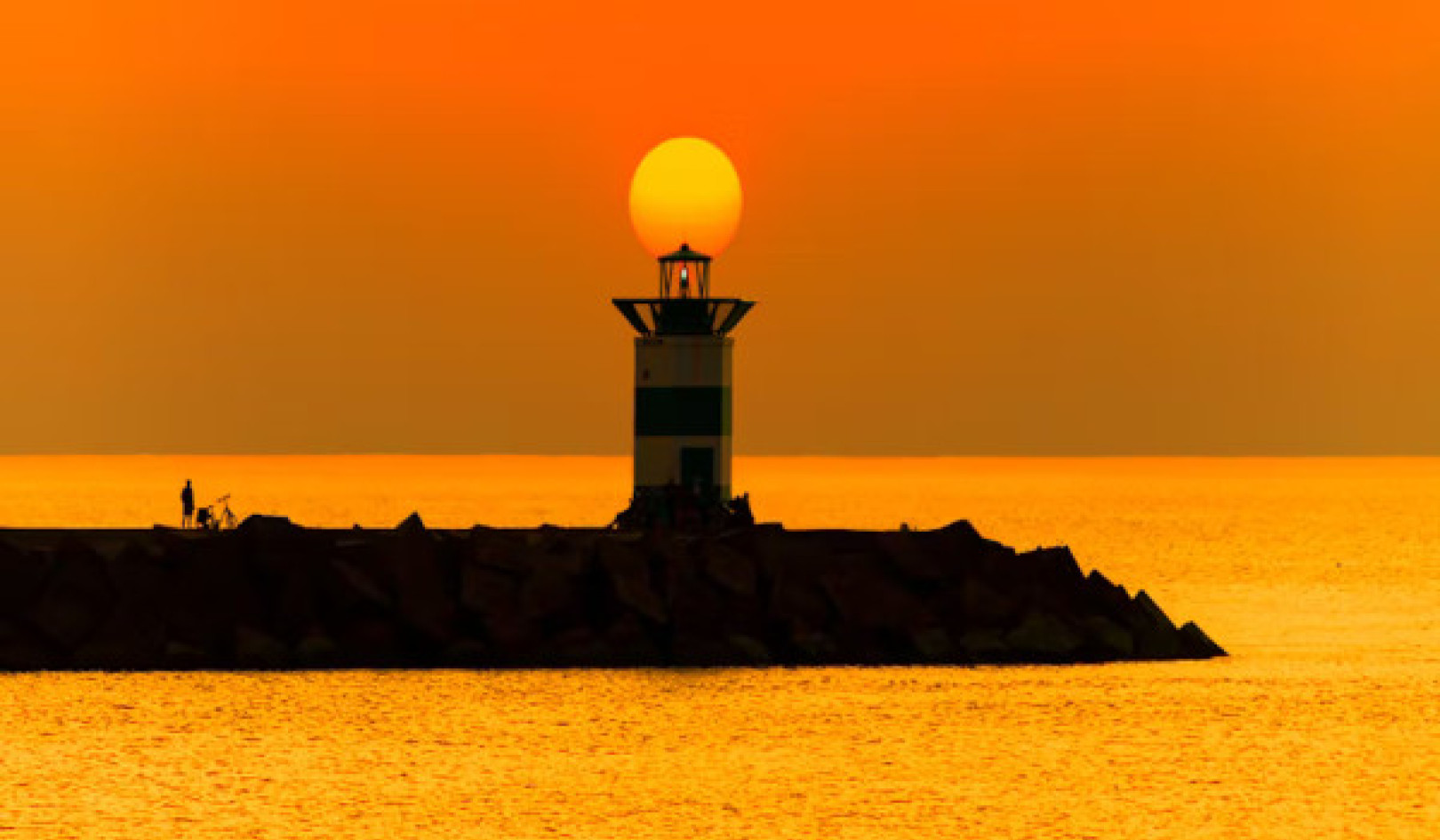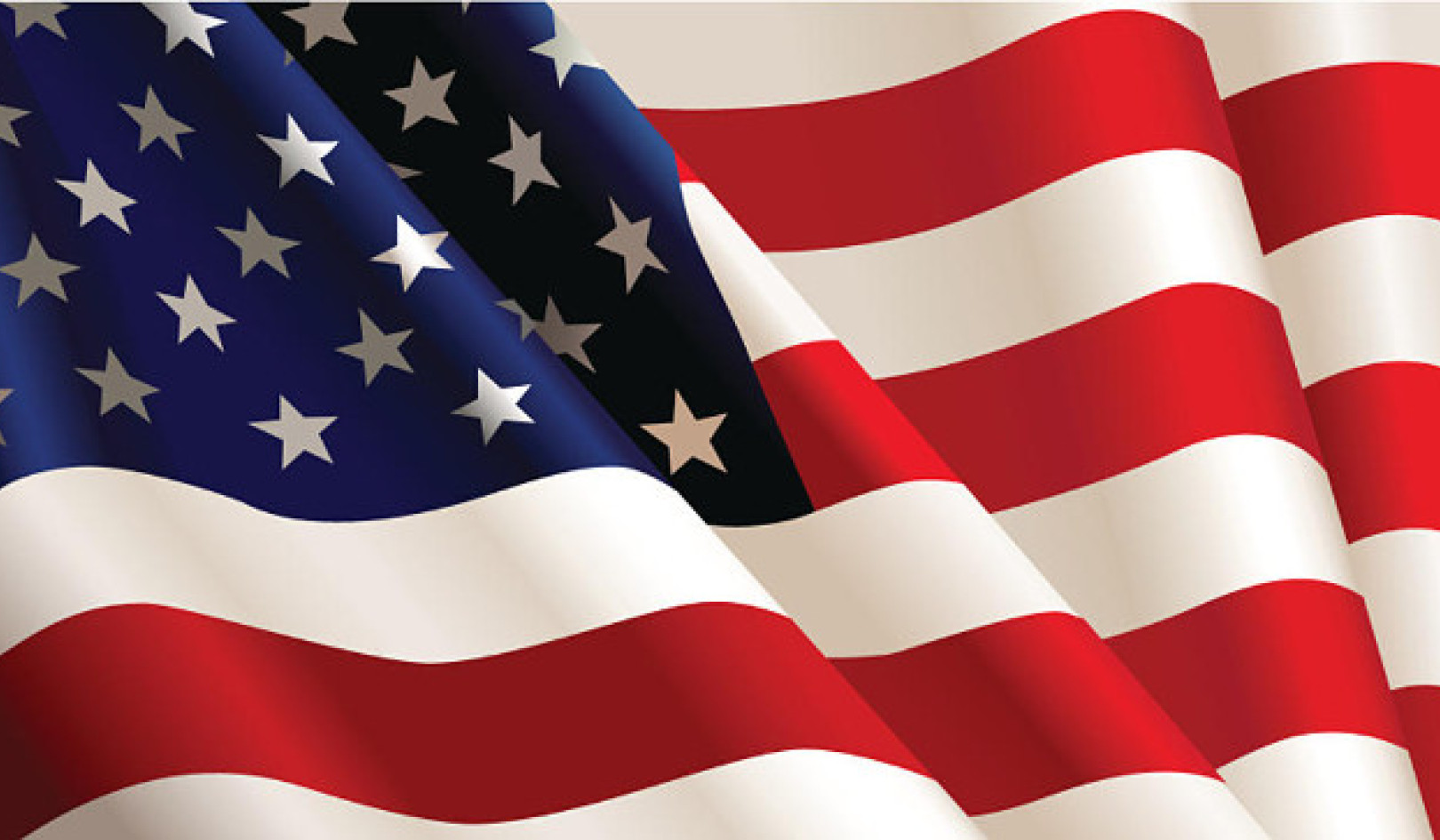
The Greatest Generation (whatever that means) made personal short-term sacrifices for the good of the country and emerged victorious. In the name of patriotism, citizens of the United States subjected themselves to the rationing of consumer goods, cutting back on necessities and denying themselves a lot of the niceties that we take for granted today.
Even before the war, Americans lacked most of the niceties that we consider necessities today, and yet we were still considered a prosperous nation. For example, it was only in the late 1800s that indoor plumbing became available, and it wasn’t common in homes until the mid-20th century. (In postwar Europe, it was later than that.)
Living Without Indoor Plumbing
What would you do without running water? Olive [my nearest neighbor] doesn’t have it, nor does she complain that she is deprived. Most people I talk to visibly cringe when I mention her lack of indoor plumbing. Olive herself clearly has no problem stepping outdoors with a flashlight on a cold winter’s evening to use her doorless outhouse while looking at the constellations wheeling overhead.
But most people declare they could never live that way. I assume they mean not voluntarily, although I bet they would — voluntarily — if the motivation were great enough. I think the reason they believe they couldn’t live without an indoor toilet is one of the following three:
Fear, Desire, Entitlement: Barriers to Conservation
1. Fear: They don’t currently live without indoor plumbing and never have. Plenty of people are apprehensive about the unknown.
2. Desire: They don’t want to. This simply boils down to motivation. If you were to change the purpose of your life and go volunteer at an orphanage in Nepal, for example, I bet you would willingly and without complaint do your business in an outhouse.
3. Entitlement: They don’t think they should have to. This is pure arrogance. Just because we have had indoor plumbing in America for several generations’ lifetimes doesn’t mean we always will. If you plot our current population growth and water consumption, project them against our finite available water resources, throw in the effects of global warming (e.g., less snowfall), and refuse to do anything about it, you might reach the conclusion that American households won’t have continuous, on-demand, running water in the future, particularly in the West. If we reach that state, Olive will continue her life with no impact, as will that orphanage in Nepal. The rest of us will have some adjustments to make.
Saving & Preserving the Earth's Resources
Today we have another worthwhile goal that requires conservation: saving the earth’s resources and preserving them for our descendants and the other inhabitants of the planet. It may not feel as urgent as winning a war because the consequences of our behavior have a longer time horizon to play out, but it is still supremely important.
America is by far the greatest consumer of resources per capita on the planet. We consume, we waste, we discard. We can’t forget, however, that we’re all in it together as citizens of planet earth. We are neighbors to countries, people, animals, and plants. Our actions affect their well-being. It’s time to start thinking long-term. What will your great-great-great-grandchildren’s lives be like? Think carefully of them the next time you buy a microwaveable dinner or a new TV.
The solution to our planetary woes is the same as it was for our country during World War II: use less. It’s quite simple.
From Being a Consumer to Becoming a Conserver
 Stop watching the news that labels you a consumer and start thinking of yourself as a conserver. Better yet, think of yourself as a citizen of the planet, responsible for its conservation. If you can visualize its finite energy (stored in oil fields), its finite water (stored in oceans, surface water, and ground water), and its other finite resources (rainforests, fertile land, plant and animal species) every time you want to make a purchase, I guarantee you will make those purchases differently or not at all.
Stop watching the news that labels you a consumer and start thinking of yourself as a conserver. Better yet, think of yourself as a citizen of the planet, responsible for its conservation. If you can visualize its finite energy (stored in oil fields), its finite water (stored in oceans, surface water, and ground water), and its other finite resources (rainforests, fertile land, plant and animal species) every time you want to make a purchase, I guarantee you will make those purchases differently or not at all.
When I make all these declarations about conservation to some people, their reaction is, “That’s all right for you, but I could never do it.” They think they can’t do it because they have children or elderly parents or an image to maintain or Responsibilities. What they are really saying is they are afraid of change. They have a litany of unspoken questions that reflect their fears, but they can all be challenged.
Challenging the Questions and Fears
What if I try using less stuff and it is too much of a sacrifice? What if you got laid off and didn’t have a choice? Better to do it on your own terms.
What if I change my consumer habits, and my spouse/children/family/neighbors/friends/colleagues lose respect for me? What if you turn out to be a role model for them?
What if I find out I’m not good at conserving, because consuming has been my status quo for so long? What if you find that you are fantastic at it? You never know until you try.
What if everybody stops buying stuff and the American economy grinds to a halt? Then we will have busted the myth that continuous growth is good or even possible. And you will be prepared to live on less because you will already know how to do it.
Conserving: Not Fitting in with the Norm
Change can be volatile, I will be the first to admit. During the last two years at my corporate job before I quit and moved to Taos, I’m sure I got a reputation as the office hippie. I fit in less and less as I aligned my life with my values, and I know it made some people uncomfortable. They had to take a look at themselves and their values when I became different enough. It was difficult for me too, being surrounded by people who didn’t share my way of thinking.
Once I quit, though, and started living those values, my psyche settled down and my conscience was at ease. The throes of change are turbulent, but if you make it through to the other side, you find calmer waters.
There is Nothing to Fear... Just Be Flexible
There is nothing to fear—not change, not the unknown—as long as you are prepared to be flexible. As Franklin Delano Roosevelt said during his first inaugural address in 1933, “the only thing we have to fear is fear itself: nameless, unreasoning, unjustified terror which paralyzes needed efforts to convert retreat into advance.”
It’s time to be fearless and advance.
Reprinted with permission from Red Wheel/Weiser LLC.
(c)2011 by Priscilla Short. Thrifty Green, by Priscilla Short,
is available wherever books are sold or directly from the publisher
at 1-800-423-7087 or www.redwheelweiser.com
This article was excerpted with permission from the book:
 Thrifty Green: Ease Up on Energy, Food, Water, Trash, Transit, Stuff -- and Everybody Wins -- by Priscilla Short.
Thrifty Green: Ease Up on Energy, Food, Water, Trash, Transit, Stuff -- and Everybody Wins -- by Priscilla Short.
Thrifty Green is a conscientious guide to the art of going green that will make you think about conservation in a whole new way. In Thrifty Green, Priscilla Short offers a unique, resource-by-resource approach that shows us that the best way to practice conservation, the real win-win, involves saving money as we lighten up. This book will help you make crucial decisions about transportation, heat, power, light, water, food, and garbage.
Click here for more info. and/or to order this book on Amazon.
About the Author
Priscilla Short holds a Bachelor of Arts from Wellesley College in mathematics and a Master of Science from The College of William and Mary in operations research. She spent over a decade in the corporate world working as a systems engineer developing software to optimize the resource usage of government satellite systems. She lives in Colorado. Photo credit: Heather Wagner.


























